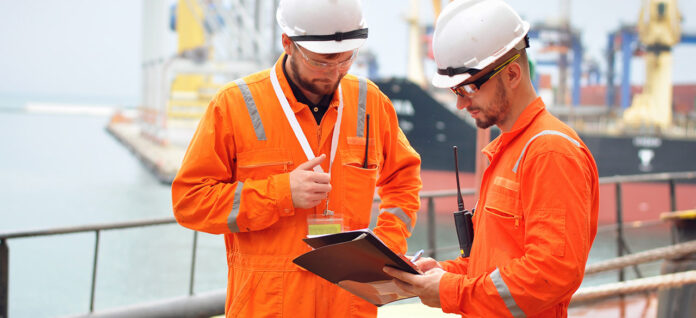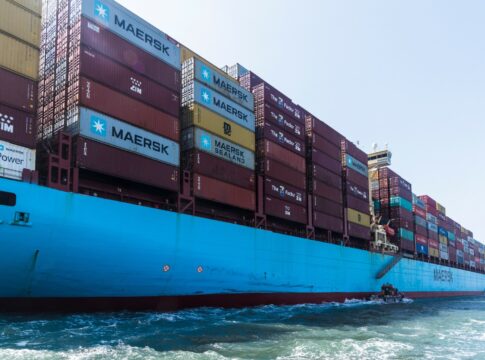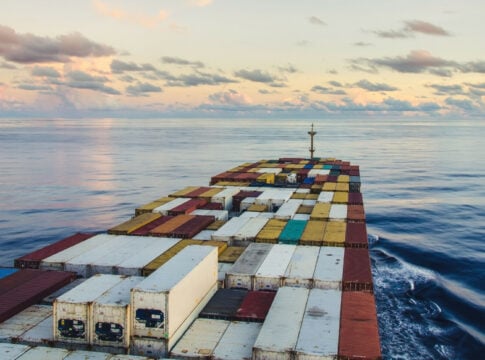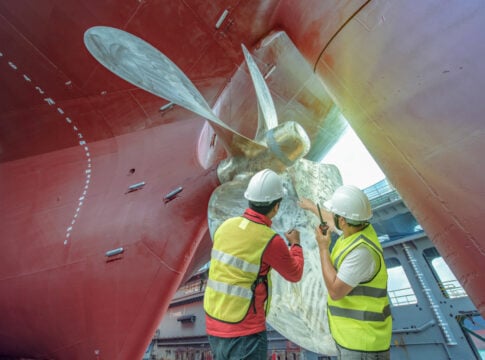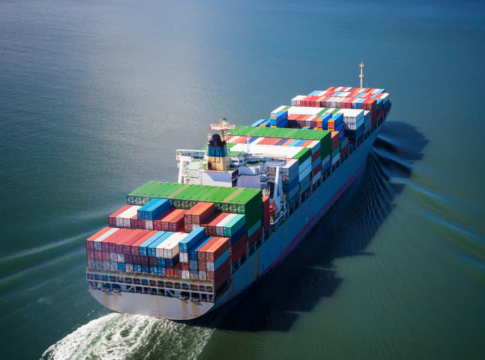Vetting inspections are essential for evaluating vessel quality, compliance, and operational procedures to verify conformity with standards and regulations. Despite technological advancements, human involvement remains crucial for conducting these inspections effectively. Well-trained crews are pivotal for ensuring safe and efficient maritime operations, as they can mitigate risks, prevent accidents, and respond promptly to emergencies.
SIRE 2.0 highlights the importance of the human factor
SIRE 2.0 emphasizes the significance of the human element in vetting inspections, recognizing that crew competence greatly influences inspection efficiency and accuracy. Proper crew selection and training are vital to minimize errors and ensure overall quality and reliability. According to OCIMF: “to ensure that human factors are always accounted for in the management and operation of vessel, OCIMF is including human factors considerations as a core element of the updated Ship Inspection Report Programme. By making human factors’ assessment fundamental to the inspection process, as an industry, we can systematically address the issues and latent conditions that influence errors, actions and decisions that cause risk or lead to harm1” (OCIMF, 2021).
Investing in crew training enhances the vetting process and improves overall safety and reliability. Well-trained crews can handle emergencies, adhere to safety protocols, and navigate challenges effectively, contributing to a robust and resilient vetting system.
Pre-vetting inspections can help identify training needs
Pre-vetting inspections play a crucial role in identifying training needs within organizations. By evaluating individual performance, these inspections help pinpoint training gaps, enabling targeted interventions to enhance workforce effectiveness and skill upgrades. Consistent pre-vetting inspections enable organizations to address workforce training gaps, ensuring employee competence and organizational success. They also help uphold compliance with industry standards and regulations, fostering a culture of continuous improvement and accountability. This proactive approach demonstrates a commitment to ethical business practices and ensures that the organization operates within legal boundaries cultivating a culture of continuous improvement and accountability and leading to sustained success in a competitive business landscape.

Training can lead the way
Training is essential for promoting safety in the maritime industry, instilling a proactive mindset among crew members and staff. It also drives continuous improvement and innovation, empowering individuals to adapt to change and implement cutting-edge solutions whilst promoting teamwork and coordination.
By equipping personnel with the necessary skills to identify potential risks, mitigate hazards, and respond effectively to emergencies, accidents and operational disruptions are minimized. Through scenario based exercises, simulations, and hand-on drills, individuals are better prepared to handle complex challenges and unforeseen circumstances with confidence and composure. Whether onboard a vessel or ashore in a port facility, effective training programs promote clear lines of communication, mutual support, and shared responsibility.
Empowering excellence
In conclusion, vetting inspections are crucial for ensuring vessel quality, safety, and compliance. Investing in crew training and conducting pre-vetting inspections enhance efficiency, mitigate risks, and uphold standards and sustainable growth in a changing global landscape.
SQLearn supports organizations in navigating the complexities of vetting inspections in the evolving landscape of SIRE 2.0 to secure success. With our dedicated online library of interactive courses on diverse topics (compliant with international, national and flag requirements) and Vetti, our innovative software tailored for vetting inspections preparation, companies can streamline their operations, ensure compliance, and promote crew development effectively.
Visit our website to learn more: https://www.sqlearn.com/
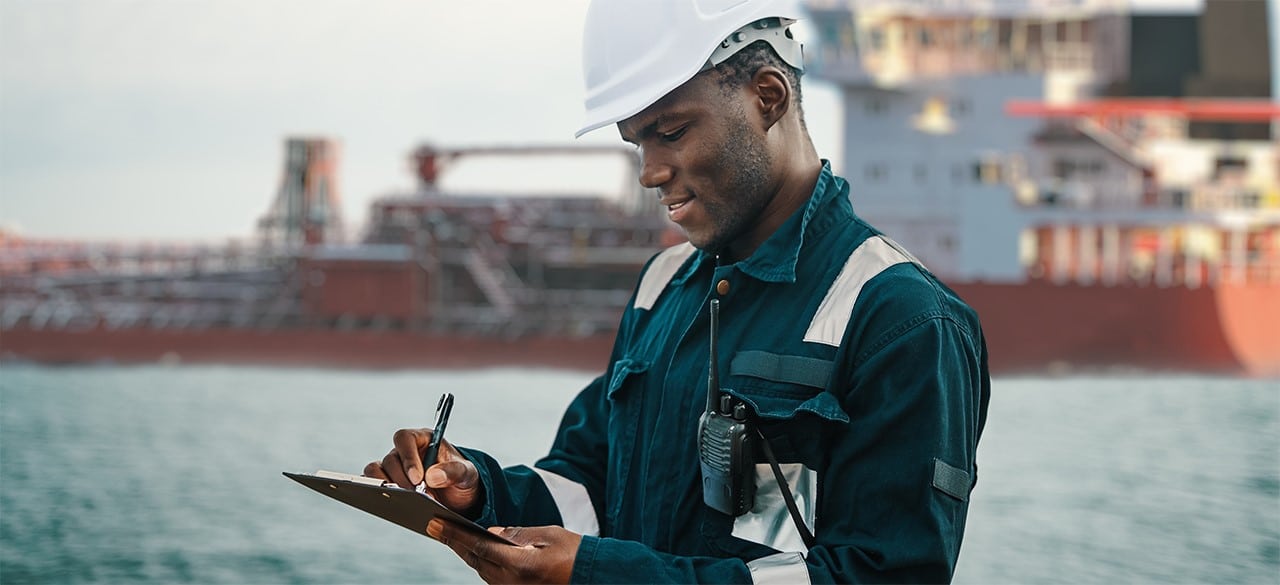
Stay ahead of the curve
As we gather at Posidonia 2024 to celebrate the industry’s achievements and our 10 years of innovation in maritime training, we invite you to join us at our booth (Hall 3, 3.325/10, WIMA Pavilion) to explore our innovative e-learning courses, platforms, training and vetting tools designed to elevate your maritime operations.
Don’t miss our conference «Navigating Vetting Inspections: How to Prepare, Perform & Succeed» on Wednesday, June 5, at Seminar Room 2B (16:45 – 18:30). Led by industry experts, this conference will provide invaluable insights into navigating the complexities of vetting inspections, embracing the human element in the era of SIRE 2.0, and securing success with innovative training and tools.
Seats are filling up fast! Register now to secure your spot and gain a competitive edge in the ever-evolving maritime landscape: https://calendly.com/sqlearn/event-at-posidonia-2024?month=2024- 06&date=2024-06-05%20_blank
1 OCIMF. (2021, April 30). SIRE 2.0: Human factors update.
https://www.ocimf.org/pt/news-and-events-6/news/bulletins/sire-2-0-human-factorsupdate


